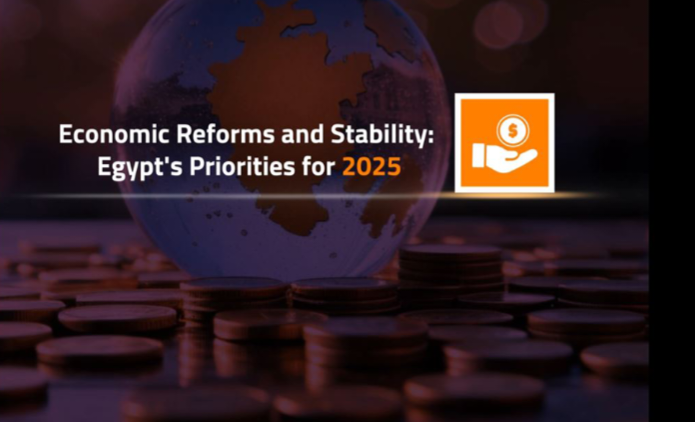Egypt committed to flexible exchange rate; eyes public debt cut: IMF
Updated 1/11/2023 11:37:00 AM
Arab Finance: Egyptian authorities are committed to a flexible exchange rate that adapts to the dynamics of balance of payments, backs competitiveness, and avoid imbalances re-accumulation, according to an report released by the International Monetary Fund (IMF) on January 10th.
The economic program, backed by the Extended Fund Facility (EFF) arrangement, targets addressing macroeconomic vulnerabilities and encouraging private sector growth and job creation, the report highlighted.
The IMF’s executive board approved the 46-month $3 billion loan to Egypt under the EFF on December 16th.
As per the report, Egypt’s fiscal policy aims at cutting high public debt and gross financing needs through “fiscal consolidation and active debt management”.
It also added that the fuel price indexation mechanism would be fully carried out with “targeted compensation for the most vulnerable”.
Egypt’s growth is expected to gradually increase to between 5% and 6% under the financing program backed by the International Monetary Fund (IMF) to support the country’s economic reform, the report noted.
The state’s current account deficit is likely to improve to 2% of gross domestic product (GDP) over the medium term, IMF projected.
Moreover, inflation is expected to hover around 7% by fiscal year (FY) 2024/2025, the report showed.
The IMF highlighted in the report that Egypt’s primary surplus would reach about 2.1% of GDP by FY 2023/2023 and move towards 2.5% thereafter, which would contribute to cutting the general government debt to about 78% of GDP by FY 2026/2027.
It also expected that monetary policy would remain data-dependent and strictly tied to the Central Bank of Egypt’s (CBE) price stability mandate.
On October 27th, Egypt reached an agreement with the IMF over the four-year international financing program worth a total of $9 billion, including the $3 billion package from the IMF, along with $1 billion from the IMF's Resilience and Sustainability Trust (RST) and $5 billion from international partners.
Related News












